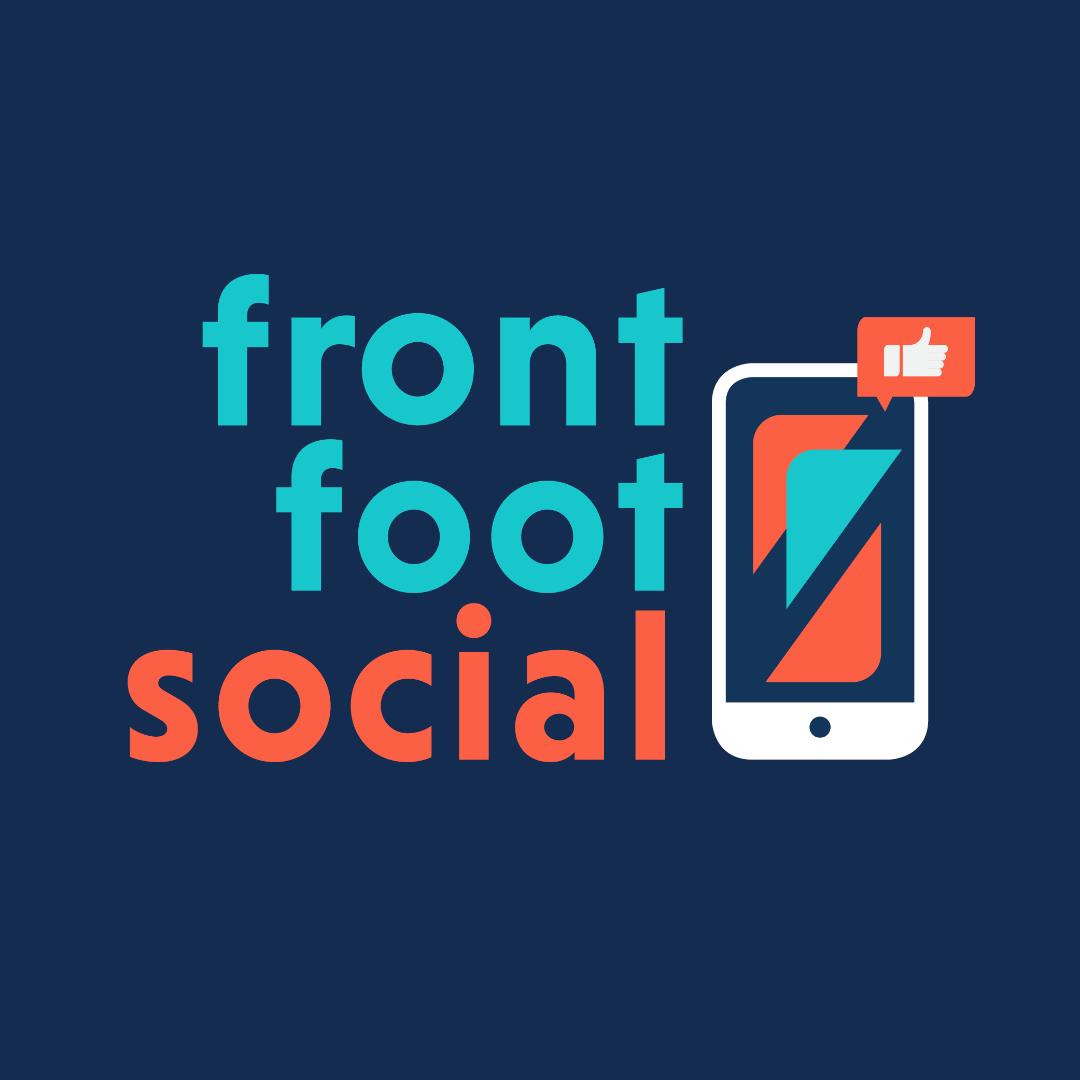Beyond SEO: Understanding AEO, GEO & AI SEO
Beyond SEO: Understanding AEO, GEO & AI SEO
SEO has always been about making your website visible on Google, but the game has changed. These days, people don’t always click links to find what they’re after. With AI assistants, voice search and Google’s new Search Generative Experience, users are often getting the answers they need without ever landing on a website.
That’s where AEO, GEO and AI SEO come in.
Answer Engine Optimisation (AEO) is all about creating content that can be pulled straight into search results or voice assistants. Think of those little snippets that appear at the top of Google or the answers Alexa gives you. If your content isn’t clear, direct and structured, you’ll miss out on that prime visibility.
Then there’s Generative Engine Optimisation (GEO). This is about making your content friendly for AI models like ChatGPT, which generate responses by pulling from all over the web. If your writing is context-rich, authoritative and genuinely useful, you’re far more likely to be quoted in those AI-generated answers.
And finally, we’ve got AI SEO itself – using smart tools to research, optimise and scale your content faster. Tools like Semrush and SurferSEO now use AI to predict trends, suggest improvements and help you create content that’s primed for ranking.
So, what does this actually mean for businesses in 2025?
Rethinking Your Digital Marketing Strategy
1. Start Creating Content for Conversations, Not Just Clicks
People are no longer typing “best coffee shop near me” into Google alone — they’re asking Siri, Alexa, or even an AI assistant inside their car or smart device. That means your content should mirror how people talk, not just how they type. Think FAQs written in plain English, blog posts that answer direct questions, and product descriptions that sound natural in conversation.
2. Get Serious About Structured Data
It might sound technical, but schema markup is becoming essential. This is the code that helps search engines and AI understand your content more clearly — whether it’s reviews, prices, events or FAQs. Businesses that take the time to implement structured data are giving themselves an edge in how often they get surfaced in AI answers.
3. Prioritise Authority and Trustworthiness
AI systems don’t just grab any content — they look for sources that feel reliable. This is where building authority in your space matters. Regular, in-depth blogs, expert insights, and even guest features on respected sites all help signal that your business can be trusted. The more you’re seen as a thought-leader, the more likely AI is to “quote” you.
4. Think About Design as Much as Words
In 2025, SEO isn’t just about what you say — it’s also how your website performs. Fast load speeds, mobile-first design, and clean navigation aren’t just nice to have anymore; they’re non-negotiables. AI and search engines are rewarding sites that give users a smooth, engaging experience.
5. Embrace AI Tools — but Keep the Human Touch
Yes, AI can help with keyword research, content briefs, and even drafting copy. But the brands winning right now are those combining AI efficiency with human creativity. Let AI take care of the groundwork, but keep your team focused on adding personality, storytelling and genuine expertise that machines can’t replicate.
Looking Ahead
SEO in 2025 is no longer just about climbing a search results ladder. It’s about being present in conversations — whether those happen on Google, on voice assistants, or in AI-generated responses. Businesses that evolve their strategies now, by combining conversational content, structured data, and authentic expertise, will be the ones who continue to grow their visibility in the years ahead.
At Front Foot Social, we help brands navigate this new landscape by blending traditional SEO with these emerging strategies. Because in 2025, being found isn’t enough — you need to be chosen.
